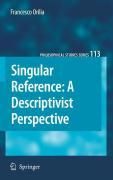
Singular Reference: A Descriptivist Perspective
-
- Hardcover
- Taschenbuch
- eBook ausgewählt
-
Form:Einzelkauf Download
-
Sprache:Englisch
149,79 €
inkl. MwStBeschreibung
Details
Format
Kopierschutz
Nein
Family Sharing
Nein
Text-to-Speech
Nein
Erscheinungsdatum
01.12.2009
Verlag
Springer NetherlandsSeitenzahl
290 (Printausgabe)
Dateigröße
1870 KB
Sprache
Englisch
EAN
9789048133123
Singular reference to ourselves and the ordinary objects surrounding us is a most crucial philosophical topic, for it looms large in any attempt to understand how language and mind connect to the world. This book explains in detail why in the past philosophers such as Frege, Russell and Reichenbach have favoured a descriptivist approach to this matter and why in more recent times Donnellan, Kripke, Kaplan and others have rather favoured a referentialist standpoint. The now dominant referentialist theories however still have a hard time in addressing propositional attitudes and empty singular terms. Here a way out of this difficulty emerges in an approach that incorporates aspects of the old-fashioned descriptivist views of Frege, Russell and Reichenbach without succumbing to the anti-descriptivist arguments that back up the current referentialist trend. The resulting theory features a novel approach to the semantics and pragmatics of determiner phrases, definite descriptions, propernames and indexicals, all treated in uniform fashion in both their anaphoric and non-anaphoric uses.
This work will be of interest to researchers in philosophy of language, philosophy of mind and theoretical linguistics. The wealth of background information and detailed explanations that it provides makes it also accessible to graduate and upper level undergraduates and suitable as a reference book.
Weitere Bände von Philosophical Studies Series
-
How to Think about Meaning von Paul Saka
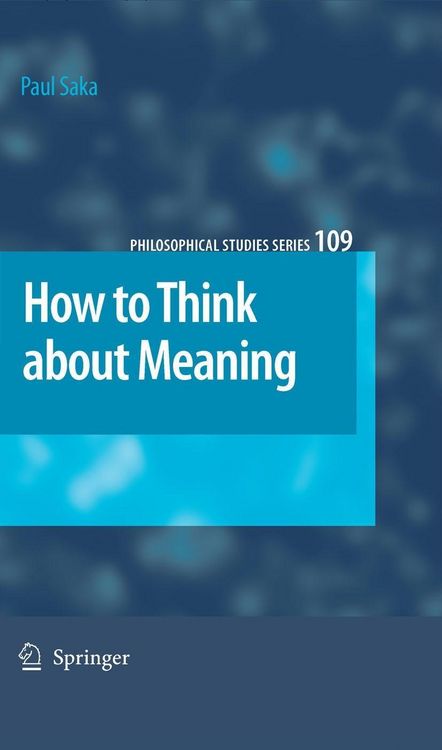 Band 109
Band 109Paul Saka
How to Think about MeaningeBook
149,79 €
-
Moral Psychology Today von David K. Chan
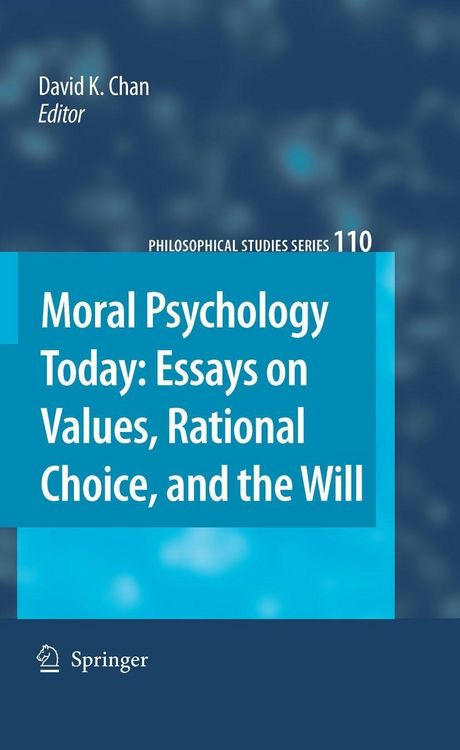 Band 110
Band 110David K. Chan
Moral Psychology TodayeBook
96,29 €
-
The Metaphysics of Memory von Sven Bernecker
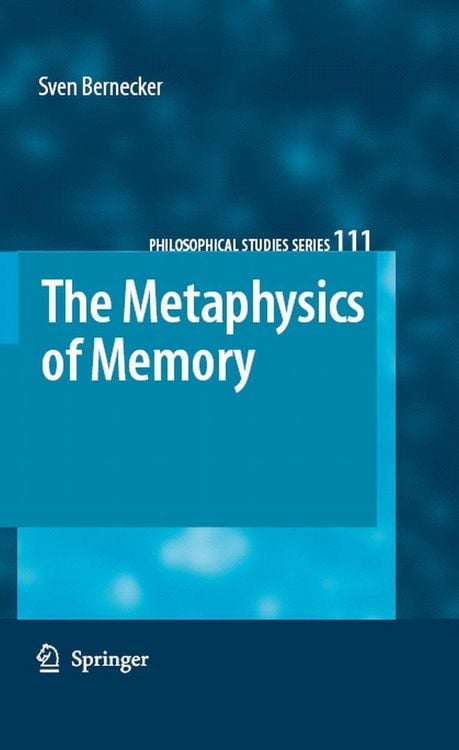 Band 111
Band 111Sven Bernecker
The Metaphysics of MemoryeBook
96,29 €
-
A Theory of Epistemic Justification von J. Leplin
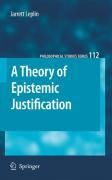 Band 112
Band 112J. Leplin
A Theory of Epistemic JustificationeBook
96,29 €
-
Singular Reference: A Descriptivist Perspective von Francesco Orilia
 Band 113
Band 113Francesco Orilia
Singular Reference: A Descriptivist PerspectiveeBook
149,79 €
-
A World Without Values von Richard Joyce
 Band 114
Band 114Richard Joyce
A World Without ValueseBook
96,29 €
-
Artistic Judgement von Graham McFee
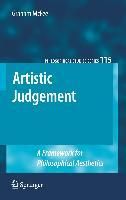 Band 115
Band 115Graham McFee
Artistic JudgementeBook
96,29 €
-
Self-Evaluation von Anita Konzelmann Ziv
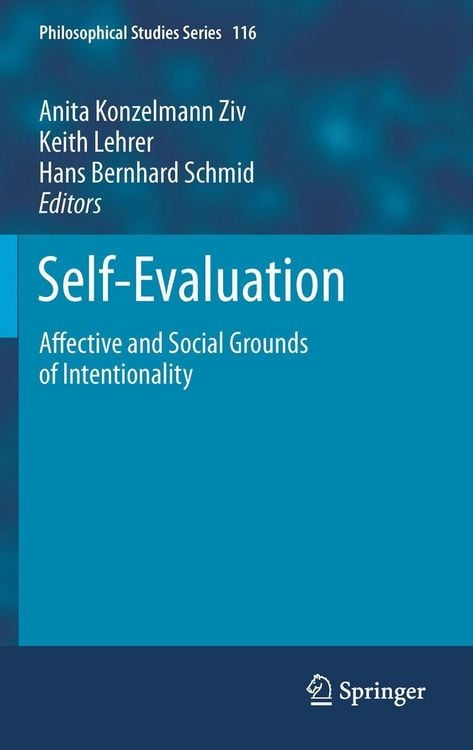 Band 116
Band 116Anita Konzelmann Ziv
Self-EvaluationeBook
96,29 €
-
Socratic, Platonic and Aristotelian Studies: Essays in Honor of Gerasimos Santas von Georgios Anagnostopoulos
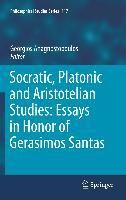 Band 117
Band 117Georgios Anagnostopoulos
Socratic, Platonic and Aristotelian Studies: Essays in Honor of Gerasimos SantaseBook
149,79 €
-
Autonomy and the Self von Michael Kühler
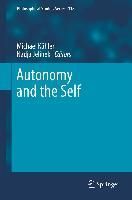 Band 118
Band 118Michael Kühler
Autonomy and the SelfeBook
139,09 €
-
Virtuous Thoughts: The Philosophy of Ernest Sosa von John Turri
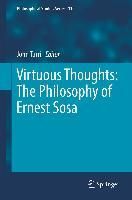 Band 119
Band 119John Turri
Virtuous Thoughts: The Philosophy of Ernest SosaeBook
96,29 €
-
Reason and Analysis in Ancient Greek Philosophy von Georgios Anagnostopoulos
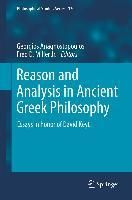 Band 120
Band 120Georgios Anagnostopoulos
Reason and Analysis in Ancient Greek PhilosophyeBook
139,09 €
Unsere Kundinnen und Kunden meinen
Verfassen Sie die erste Bewertung zu diesem Artikel
Helfen Sie anderen Kund*innen durch Ihre Meinung
Kurze Frage zu unserer Seite
Vielen Dank für dein Feedback
Wir nutzen dein Feedback, um unsere Produktseiten zu verbessern. Bitte habe Verständnis, dass wir dir keine Rückmeldung geben können. Falls du Kontakt mit uns aufnehmen möchtest, kannst du dich aber gerne an unseren Kund*innenservice wenden.
zum Kundenservice